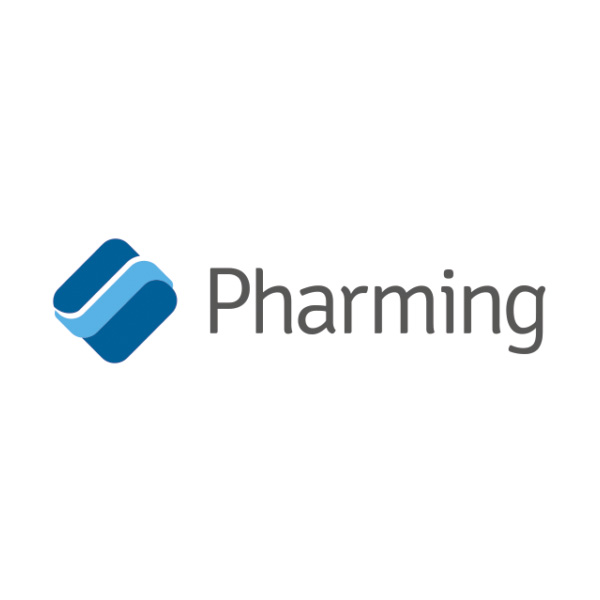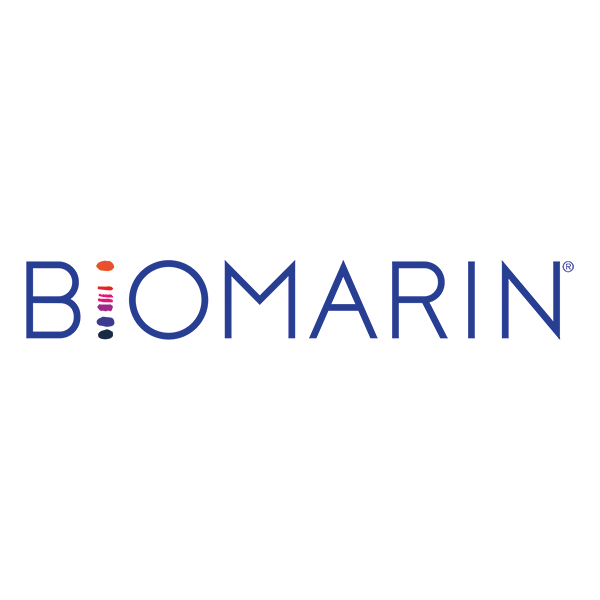In brief
- Your region: Middle East
- Number of countries: 12
- Number of member organizations: 11
Tell us a little about yourself
I am HAE type I patient, luckily diagnosed at the age of 17. I am co-founder and President of Polish HAE Patient Association known as “Swelling Beautifully”. I have been involved in HAE advocacy in my home country since 2005 and internationally since 2011, just after I became HAEi Vice President. I was appointed Regional Patient Advocate in 2016 and currently I am responsible for both the Central Eastern Europe (CEE) and Benelux region, and the Middle East Region. I live in the city of Krakow, Poland with my wonderful wife and two amazing children: 8 years old daughter Sabinka and 4 years old son Louie, who has inherited HAE from his father. I am an architect specializing in large commercial residential and service projects.
In the Middle East region, I am supported by Rashad Matraji. Rashad is an HAE patient who lives in Dubai with his family and has been a friend of HAEi since 2010. Together we present information about the Middle East region.
Tell us a little about your region
The Middle East is a region composed of 12 countries, where 11 are Arabic speaking countries and one is a Persian speaking country. The region is highly diverse, economically, politically and geographically.
There are challenges for HAE patients living in some Middle Eastern countries. Although countries with developed healthcare systems citizens offer access and reimbursement for most treatment options, this is available only to the 5% of the population classed as citizens. The majority of healthcare services are paid for through private medical insurance, which can complicate access and reimbursement of modern HAE therapies.
What are you most proud of being able to do for the countries in your region?
The HAE knowledge and awareness in the region is higher than ever before, with more and more patients diagnosed, some modern HAE treatments registered, Angioedema Centers of Reference and Excellence (ACARE) centers accredited and access to different HAE medications in some countries.
Together with Rashad Matraji, we are proud that HAE is now a hot topic during all medical meetings organized whereas it was barely known in the region before; HAEi MOs in the region have taken further advocacy actions for the benefit of local patients and we’re giving support and motivation given to all patients, so that they understand that advocacy can have a significant positive impact on their ability to live a normal and healthy life.
What changes have happened for people with HAE in your region whilst you have been an RPA?
It is important to underline that increased HAE awareness in the region has led to greater diagnosis and interest from healthcare professionals (HCPs). Awareness also influenced the application of several centers in the region to apply for ACARE accreditation, and the development of the HAEi Regional Medical Advisory Panel (RMAP). There are now 11 HAEi Member Organizations (MOs) supporting patients in the region. All this has led to registered and available HAE treatment options in some Middle Eastern countries.
What Next Steps will you be taking as an RPA to support your region?
Our future plans in the region include hosting Member Organization Regional Advisory Group (RAG) and HCP RMAP meetings, and the successive implementation of further tools offered by HAEi, in particular Emergency Department Posters and the HAE TrackR mobile app. As always, we will maintain ongoing communication with MOs supporting them in their daily activities.










